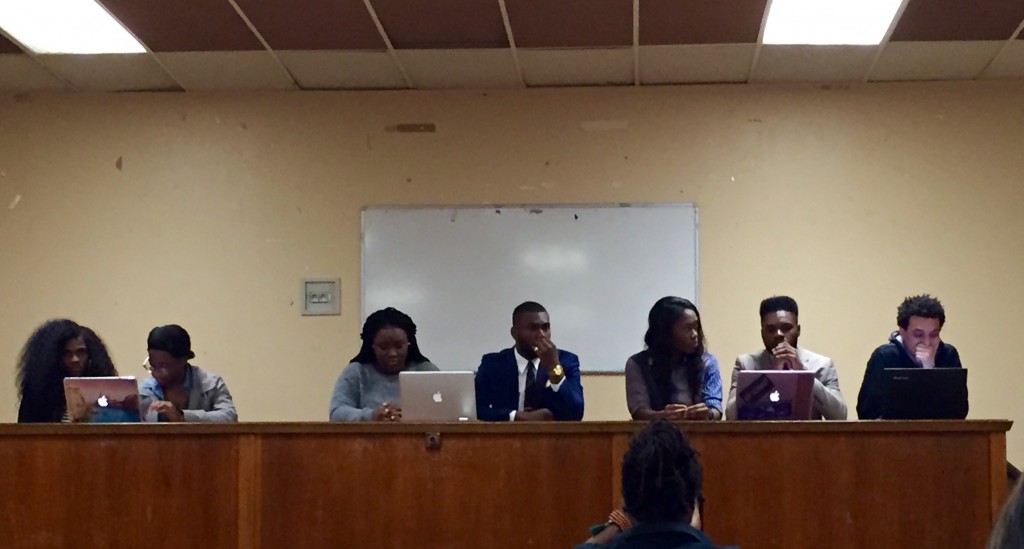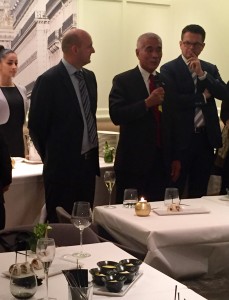Written over a tomato mozzarella baguette (vegan can wait till tomorrow..)
On Monday, we headed to a working class neighborhood north of Paris to attend educational workshops at the Climate Action Zone (ZAC). For five days, the ZAC will serve as a central place for citizen’s mobilization and host over 150 climate-related events.
At noon, we attended a workshop on environmental justice hosted by the NAACP. The event consisted primarily of black students and professionals from the United States, and involved interesting discussion about the intersection between racism and climate change. Participants volunteered examples of how environmental degradation had disportionately impacted people of color in the cities that they were from. One woman talked about how waste from the BP oil spill was dumped in her primarily black community in northern Florida. According to the Environmental Justice Resource Center at Clark University, 61% of the waste from the spill (24,071 tons) was disposed of in communities largely made up of people of color. Zach brought up how coal companies have exploited Native American lands in the Southwest for coal mining, causing indigenous peole to deal disproportionately with the environmental and health hazards of the coal industry. Because this event got us talking to and sharing ideas with people from all over the United States instead of simply listening to a speaker, we thought it was one of the more meaningful and informative presentations we’d attended.
That night, we attended an event hosted by Anote Tong, the president of Kiribati. He spoke about how even a 2 degree C agreement would not be enough to save his island, and prompted us to consider a scenario in which the US and Europe were being threatened with the same degree of sea level rise. Think about the home that you live in now, think about where you grew up, your grandparents’ home, your elementary school, your local church or stretch of pristine forest, and imagine being confronted with the reality that everything that you’ve ever known and loved will be underwater by the year 2050. If this was the reality that the world’s biggest polluters currently faced, we know these negotiations would have a much different outcome. Unfortunately it is the world’s biggest polluters that will come up with intermittent adaptations and technological fixes to immediate problems instead of addressing the root source of the problem.



Leave a Reply